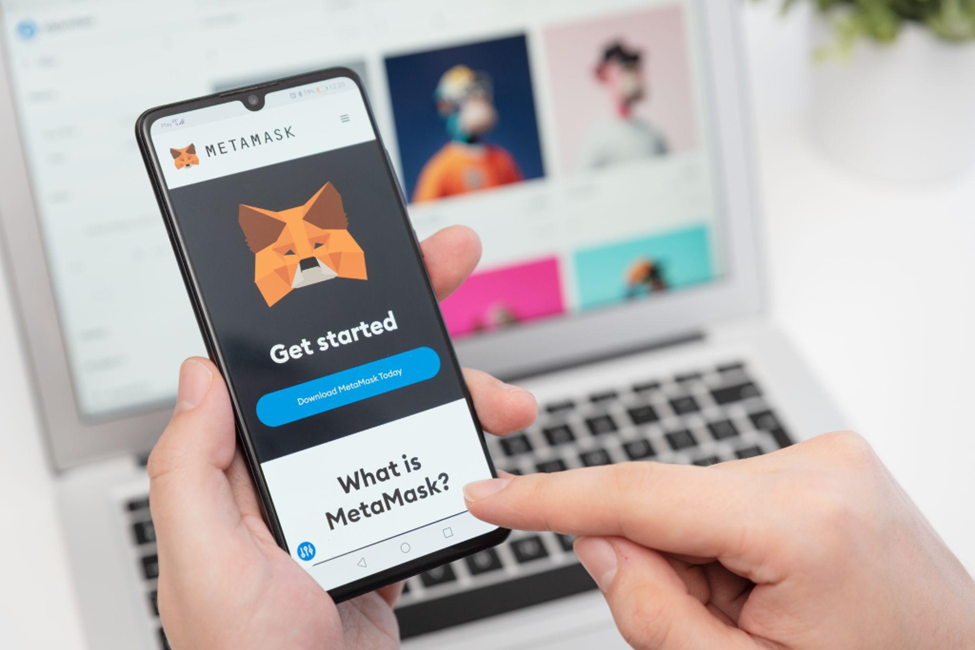by Yuri Kundin, Vice President, Strategy and Operations, Web3 Pro
Individuals need an NFT wallet to buy and collect NFTs, and brand teams benefit by understanding how wallets work and the need to create tokens that are compatible. Integrating NFTs into an NFT wallet is a key component of an effective go-to-market strategy and this makes it easier to leverage digital assets and sell branded NFTs.
What Is an NFT Wallet?
An NFT wallet, or digital wallet, is a way to safely store NFTs. It can be a piece of software or hardware and must support the blockchain protocol on which NFTs are built. It is meant specifically for cryptocurrency and needs to be compatible with the NFTs it holds. An Ethereum wallet is usually the best option because most NFTs use that particular blockchain. Most wallets are available in the form of an app and some offer browser plug-ins as well.

To create a wallet, the owner needs to create a 12-word phrase, referred to as a seed phrase, or recovery phrase, or private key. This private key needs to be stored in a secure place. Like a real wallet with cash inside, when an NFT wallet is lost, its contents are lost as well, and only the private key can retrieve them.
Just as every debit and credit card bears its own unique number, each asset within a digital wallet bears its own unique wallet address, These assets can be moved from one digital wallet to another whenever required.
Some of the most popular NFT wallets are Metamask, Math Wallet, AlphaWallet, Trust Wallet, and Coinbase Wallet.

Is a personal NFT Wallet Necessary?
Strictly speaking, a digital owner can also store their assets in the marketplace where they were purchased. This option is also a wallet.
The two types of digital wallets are:
- Noncustodial, or self-custody wallet: This gives the owner complete control of their private key and is considered the most secure option.
- Custodial wallet: This is stored on a website and allows third party control over the wallet’s private key. This can be helpful to a new investor who is still learning, or to someone who prefers to have a backup option in case they misplace their key. However, there is a higher risk associated with this option because of potential hacking.
Either wallet option is viable for storing digital assets but most investors and collectors opt to use a noncustodial NFT wallet for its security and anonymity features.
An NFT wallet also stores the cryptocurrency required to purchase tokens and digital assets. It enables users to connect to those marketplaces where NFTs are bought, sold, and traded, and makes the entire transaction process seamless for the user. The OpenSea marketplace has over 1 million users. $2 billion in trading volume, and hosts the exchange of over 80 million different types of NFTs.

How Companies Can Leverage NFT Wallets
Brands that are planning their marketing strategy for Web 3 engagement can benefit from a partner with proven NFT marketing experience. Understanding how crypto wallets play a critical role in NFT sales, purchase, protection, and transfer, is important in ensuring a brand NFT’s success in the trading and investing ecosystem.




